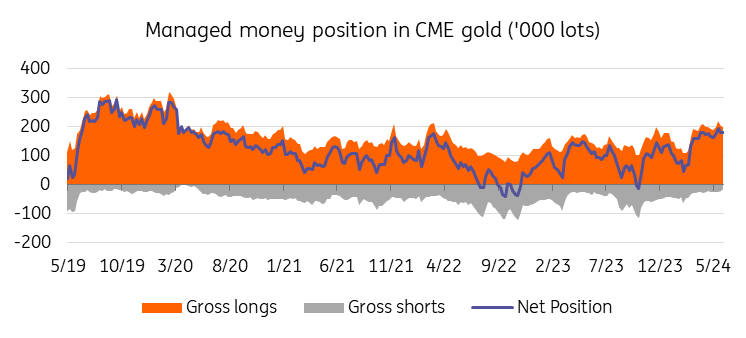Alright, folks, let’s cut through the noise. The headlines screamed this weekend about the US granting exemptions on certain ‘retaliatory’ tariffs, and the market predictably jumped. But hold your horses. This isn’t the green light you think it is. We, as seasoned investors, need to look beyond the initial reaction.

There are two HUGE signals you absolutely must pay attention to. First, Trump himself is playing coy. When pressed about the semiconductor exemption plan on Air Force One, he said, and I quote, “I’ll give you an answer on Monday. It’ll be very specific.” Translation: Don’t get comfortable yet. We’re waiting for the Commander-in-Chief to officially dictate where this goes. This isn’t a done deal, people!
Second, and this is critical, US officials are already whispering about a new national security trade investigation into semiconductors. And what usually follows a ‘national security’ investigation? More tariffs, of course. It’s the Trump playbook 101.
Let’s be clear: this isn’t a full tariff rollback. MinSheng Securities is spot-on – the tariff alarm hasn’t been silenced. The exemption only covers 125% of the ‘retaliatory’ tariffs, meaning the 20% hike we saw in February and March remains firmly in place for China. Think back to the previous round of exemptions – cars, steel, aluminum – all areas previously hit with individual tariffs.
Deep Dive: Understanding Retaliatory Tariffs & National Security Investigations
Retaliatory tariffs are essentially tit-for-tat measures imposed in response to tariffs levied by another country. These are often temporary measures, designed to pressure the initiating country into changing its trade policies.
National Security investigations, however, are a different beast altogether. They allow a government to impose tariffs based on – you guessed it – national security concerns, often broadly defined. This gives the government significantly more leeway.
Historically, such investigations have been used to protect domestic industries deemed vital for national defense. However, they can also be wielded as a powerful negotiating tactic, or even as a protective measure for struggling industries.
What does this mean for semiconductors? Expect volatility. The potential for further tariffs on this critical sector remains high. Don’t let this initial exemption lull you into a false sense of security. This is far from over.






